I recently had coffee with a Christian friend, and the subject was religion. I was all geared up for battle, but he had to go and spoil it all by being a non-fundamentalist non-loony liberal Christian, and a good guy whose conversation I quite enjoyed! ¿What fun is that?, I ask you.
Not being a fundamentalist means that he avoided making strong claims, and he didn’t have to defend so many indefensible things. He doesn’t hate gay people, thinks that not every part of the Bible is meant as history, and recognises the difficulty in discerning the intentions of biblical authors. Wouldn’t it be somewhat better if more Christians were like this?
The one thing he kept saying, though, in response to my questions was: “I don’t know.” Was the flood literal? Will people get resurrected in some form after death? He didn’t know. And he seemed rather relaxed about that.
It’s good to say when you don’t know, if you don’t. People should do that in the sciences, too. But if there’s something you don’t know and it’s a scientific question, you can find out by experimentation and observation. If it’s a religious or metaphysical question, what do you do? Interpret inconsistent texts? Try to have a revelation? Those approaches have only ever yielded contradictory results. Metaphysical questions can’t be resolved by observing physical reality, which is why every religion has a different answer to metaphysical questions. There’s no court of appeal. Notice the difference between religion and science. Scientists eventually reach consensus; religions come to schism.
My Christian friend was honest about not knowing. What I wanted to communicate was that religions don’t provide a reliable way to know. And they really should, if they’re going to claim that they have the answers to life big questions.
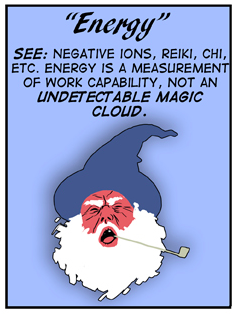

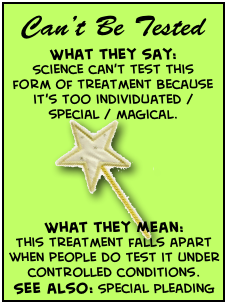



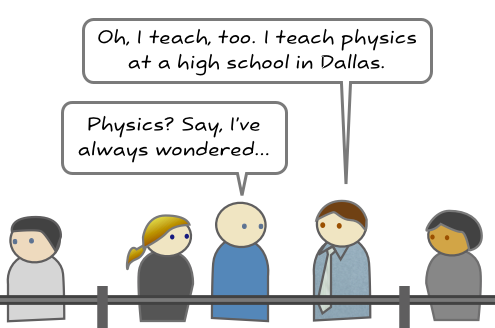
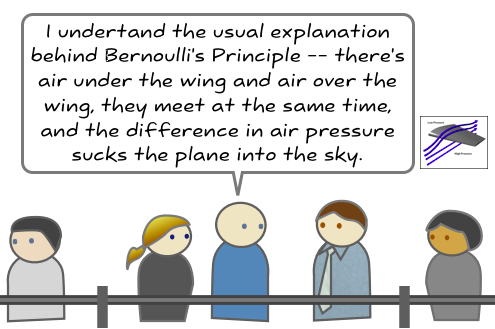
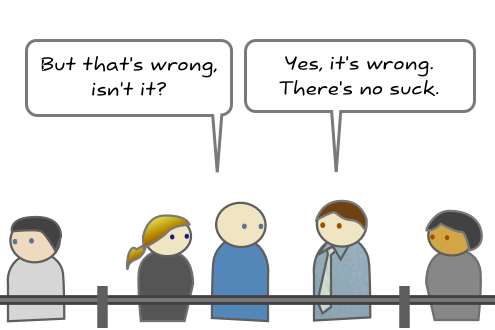

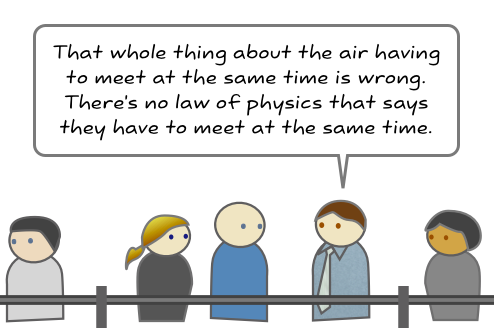
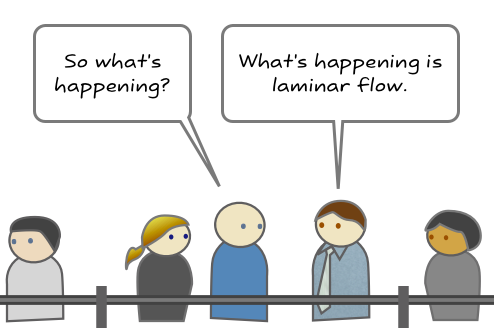
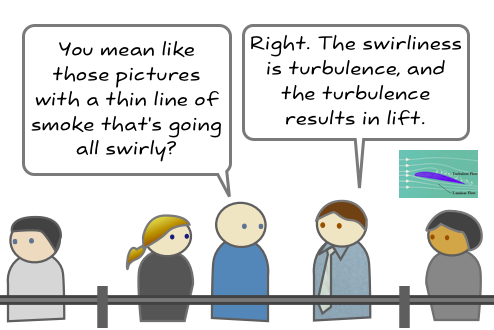

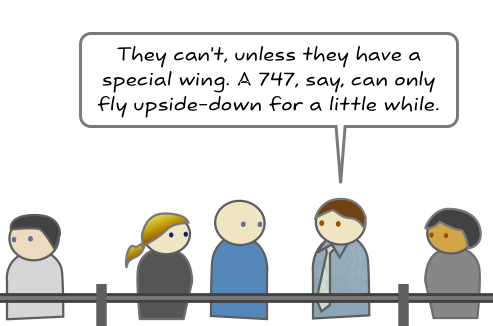
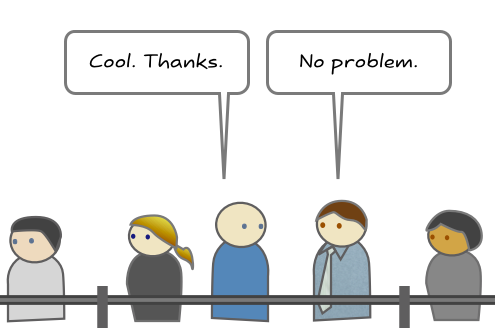
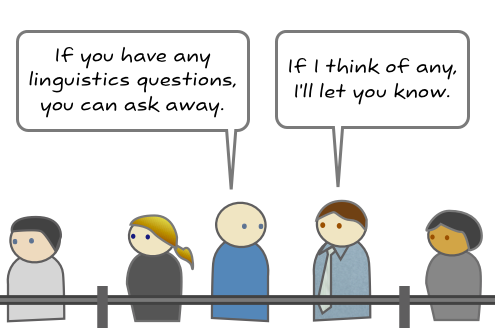




Recent Comments